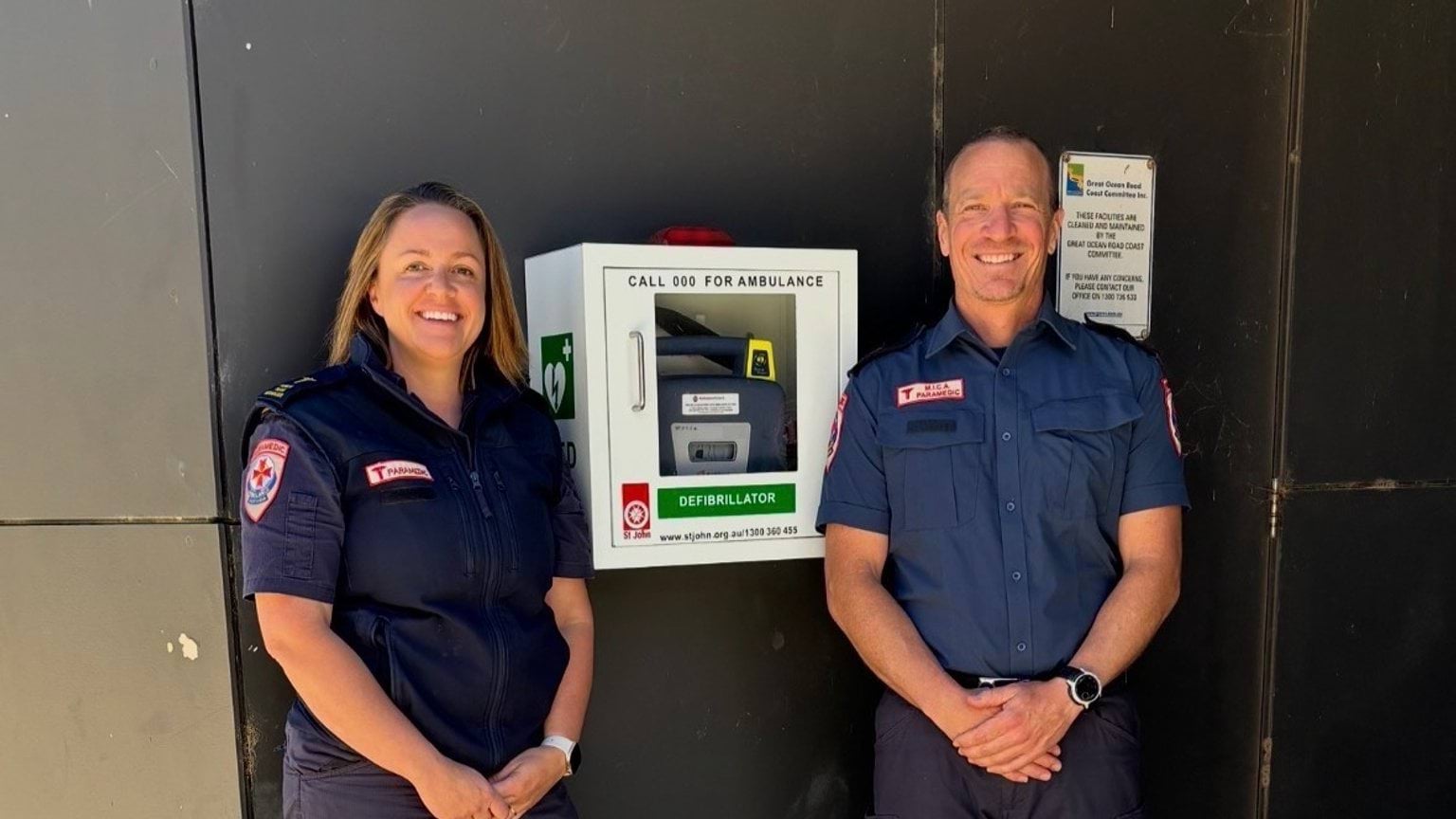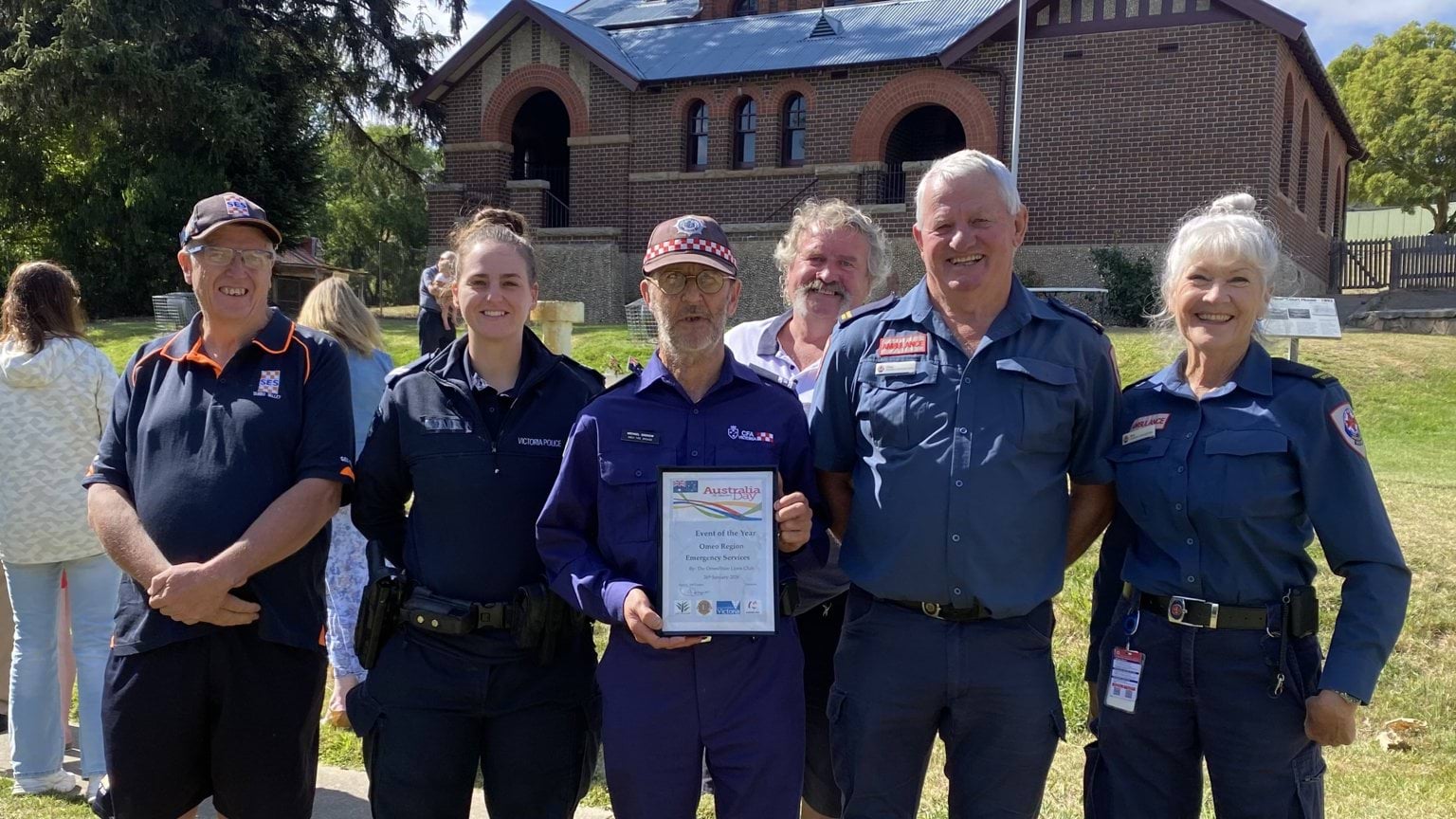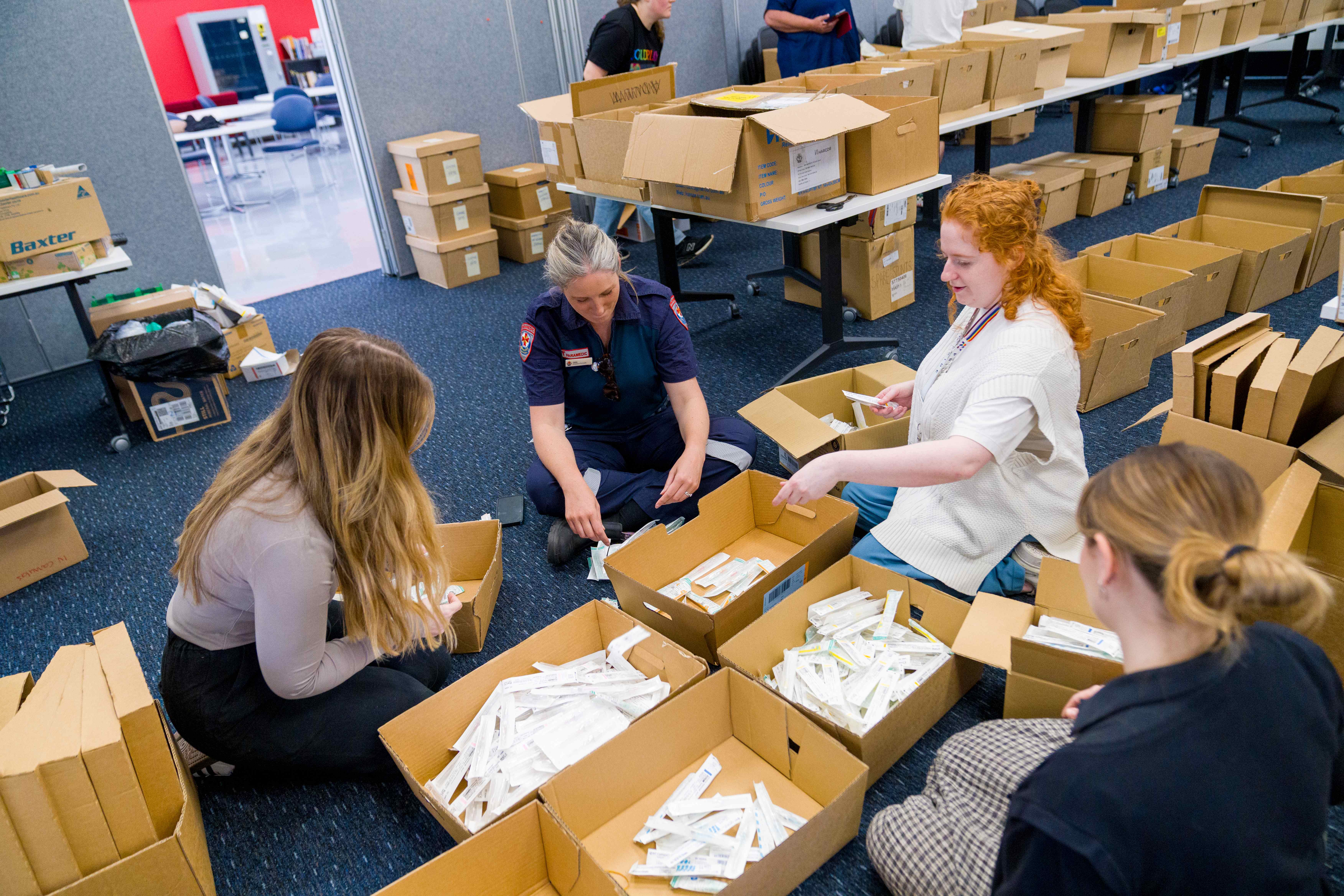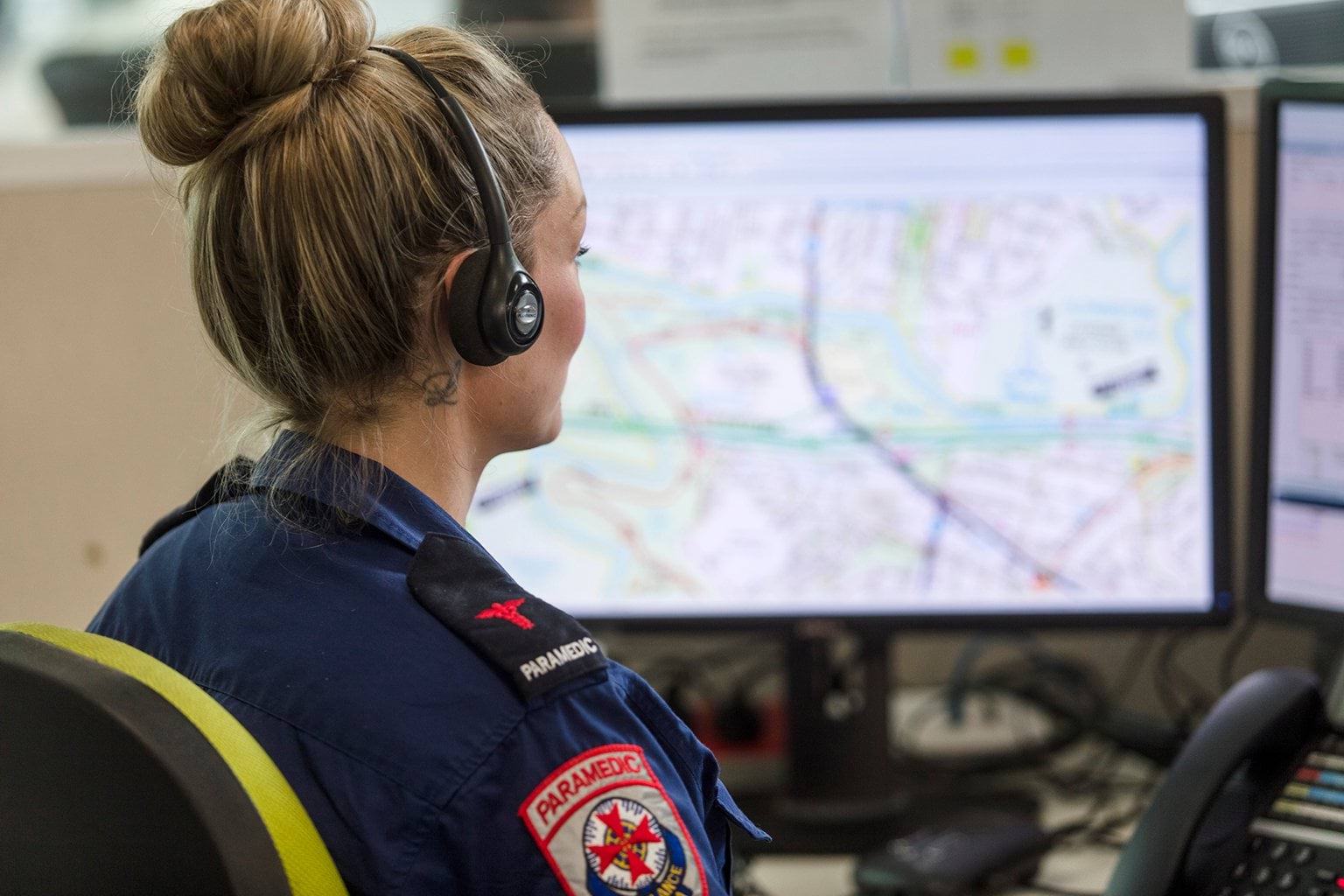Donate to Ambulance Victoria
Donate to help us give the best emergency care.
Membership
An Ambulance Victoria membership protects you against costs for ambulance transport and paramedic care. Sign up or log in to renew your membership.
Treatment and transport invoices
If you don’t have a membership or other coverage, you’ll need to pay for your Ambulance Victoria care.

Calling an ambulance
When should you call an ambulance? Call Triple Zero (000) if you or someone you’re with needs urgent medical help.
Non-emergency services
Help for when you need urgent healthcare but it's not life-threatening and you can't wait to see your GP.
AV updates
Get all the news and updates from Ambulance Victoria.
News

Jan Juc community to benefit from life-saving addition
The Jan Juc community has a new 24/7 accessible Automated External Defibrillator (AED) to help people experiencing cardiac arrest.
Omeo branch takes home award for successful open day
The Omeo Ambulance Victoria (AV) branch has taken home the award for Event of the Year for their outstanding work organising the Omeo Emergency Services Open Day.
AV donations to support fire-affected wildlife
Ambulance Victoria (AV) staff and volunteers have banded together over the last few weeks to provide emergency care to fire-affected communities across Victoria, with recent efforts going towards supporting the recovery of injured wildlife.
Updated




